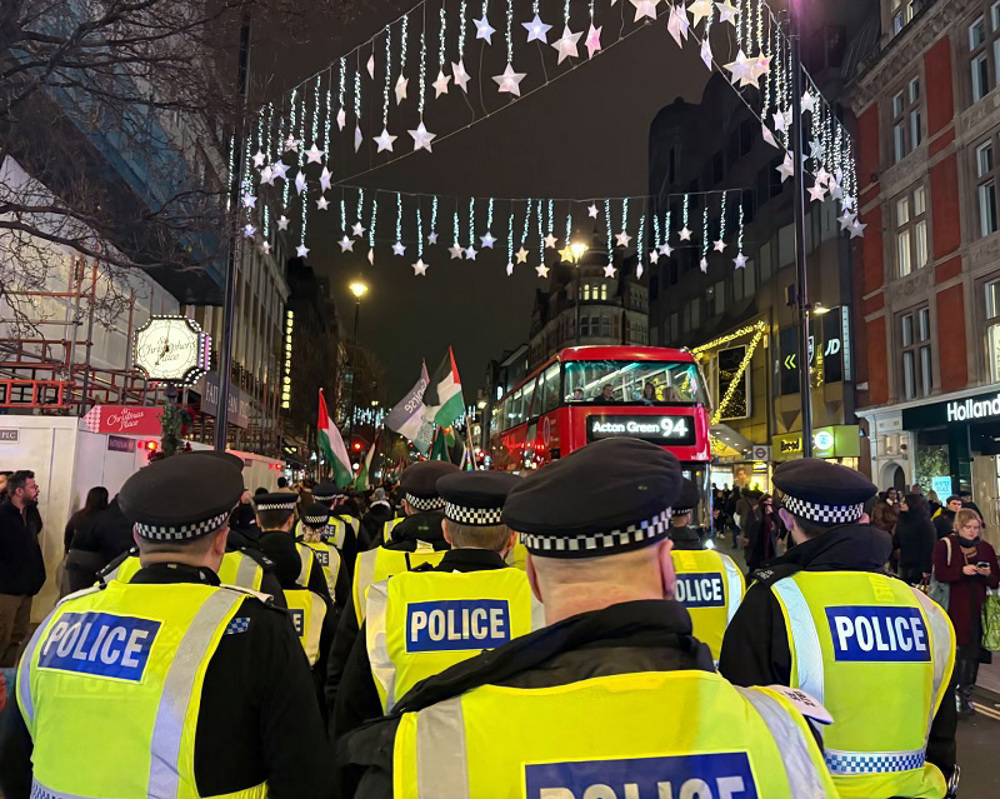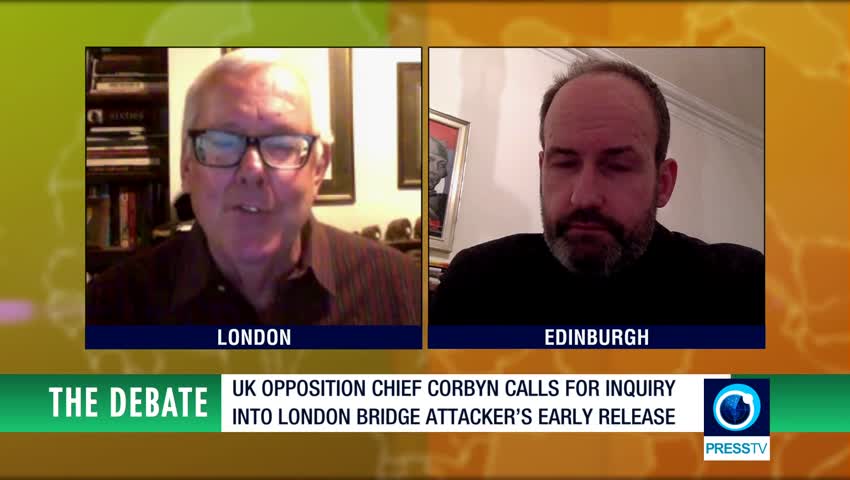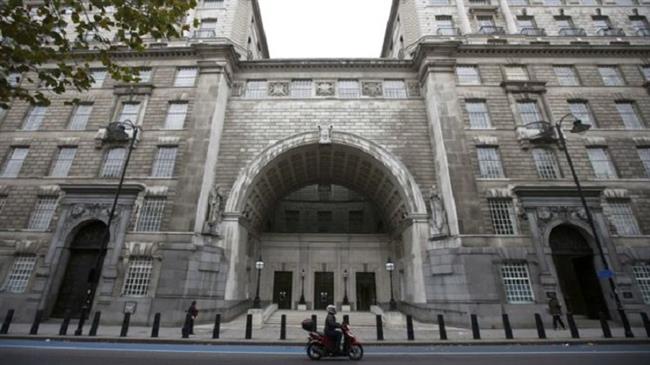UK Security Services reduce the terror threat level
London, UK - Early November saw the UK Security Services reduce the terror threat level from 'severe' to 'substantial' with the notion that an attack could occur without further warning. The threat level is at its lowest since August 2014, however, the recent attack on London Bridge by a known assailant; Usman Khan demonstrated that the UK is still a prime target for violent non-state actors to sow havoc and uncertainty on the already unstable streets of the UK.
Khan, who was convicted of terrorism offences in 2012 killed Cambridge graduates Jack Merritt and Saskia Jones in a frenzied knife attack that eventually saw the Metropolitan Police Service firearms unit fatally wound Khan following a struggle with passing citizens.
The irony of the event saw the attack take place at a prisoner rehabilitation conference at Fishmongers Hall, situated just meters away from the area Khan was tackled to the ground and shot by police.
Whereas the members of public involved in the incident, as well as the police officers who took the split second decision to fire at Khan can be quite rightly justified as heroes, one must raise the question as to why Khan had been released from prison, how he was able to successfully carry out an attack on the streets of London, and has Boris Johnson's pledge to review prisoner release dates come as too little, too late.
Reform, de-radicalisation and re-education in the UK prison system all seem commendable on paper, however, as with most cases of terrorism offences in the UK, all suspects appear to have some history of terrorism offences, and all were 'known to the authorities'.
The number of foiled plots in the UK are quoted at 25 since 2017 according to figures released by UK law enforcement agencies, of these, 16 were allegedly related to Islamist ideology, however, the truth of the matter is the UK is under attack from a wide variety of angles, and the clear institutional racism that exists in the UK is highlighted by the notion that the remaining 9 foiled attacks have rarely been mentioned, nor is it clear who or what the motives were involved.
Europe is currently seeing a rise in far-right ideology, and the UK is not exempt from this notion. Groups such as Britain First and National Action are just a handful of examples of the far right movement rooted deep in the heart of the UK. National Action has officially been dedicated a proscribed terrorist organisation, and highlights the fact that whereas Khan may have acted as a lone wolf, like many other Islamist attackers in the UK, groups such as National Action demonstrate an organised structure and hierarchy that poses a threat equally as concerning as any other.
What we are failing to see is any real action by the UK government in the fight against terrorism. Under resourced police services, filled to the brim with demoralised officers, a web of intelligence services that appear to lack any communication between themselves, and a nervous British public who are influenced by what they see on the mainstream media, all contribute to the fact that the UK terror threat is still very real, and the streets of the UK remain a playground for clashes in ideology, demonstrated by the brazen attack of Khan under the so called 'reduced' terror threat level.
Rights group reports worsening humanitarian conditions in Israeli prisons
EU slams US over visa ban on officials regulating 'online censorship rules'
Iran welcomes deal between Yemen’s sides to swap nearly 3,000 prisoners
Diplomacy does not entail sending bombers, Iran’s foreign minister tells US
Israel approves 126 illegal units in West Bank settlement evacuated in 2005
VIDEO | Press TV 's news headlines
VIDEO | Iran seizes tanker carrying 4 million liters of smuggled fuel
HTS forces abduct prominent American journalist Bilal Abdul Kareem in Syria












 This makes it easy to access the Press TV website
This makes it easy to access the Press TV website